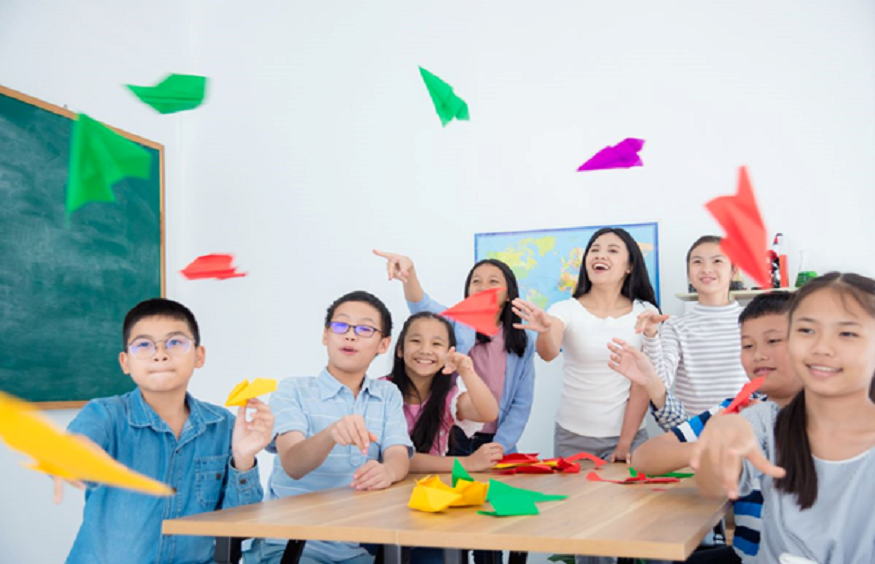How to Nurture Twice Exceptional Children

Caring for twice-exceptional or ‘2e’ students, means being very specific about the way that learning disabilities are supported while still catering to gifts/abilities. Such children may have above-average intelligence or talent and still have problems like ADHD, dyslexia, or some kind of sensory integration dysfunction.
Therefore, there is the need to establish the conditions conducive to the development of talents as well as emerging developmental needs. This entails engaging the brain in meaningful procedures and, at the same time, availing realistic extra services such as development plans, emotional needs, and diverse approaches to teaching.
Below is a detailed guide on understanding your twice exceptional student.
People Have Different Requirements
Twice-exceptional kids are those who have talent and also have learning disabilities or difficulties. Even then, the best instance includes a competent evaluation by the educational psychologists or specialists to determine the areas in strength and those requiring a little effort.
This understanding helps parents, teachers, and child caregivers develop proper support structures that help the children. It also means that your child’s needs are being met, thus getting the right academic intervention, social skills, or even executive functioning.
Tailor Student Experience
Students that are classified as 2e experience flexibility in their learning process so as to meet their needs resulting using the same profile. They may be in specialized schools; the education systems that are in place may not cater for their giftedness while at the same time helping them learn at their pace with their learning disabilities.
There should be plans that are beneficial to address both the child’s intellectual and developmental issues. Teachers should extend these children out with harder or higher material, though they require extra time for testing or tailored forms of instruction and writing.
Scaffold Emotional and Social Competence
This is a critical development area that many parents and teachers often fail to pay attention to as they concentrate on the learners’ academic achievements. This is why, to promote EI, it is crucial to explain to them how they can cope with stress, how one should behave when angry, and what one should do when feeling sad.
Cognitive behavioral training also enables them to deal with peer relations, a crisis if they feel out of place or different from other people. For them to lead healthy, emotional lives, they need to be in a place or have people who allow them to freely express their feelings.
Promote a Strengths Perspective
Unlike the typical deficit-centered approach, there is a need to foster the strengths of twice-exceptional children. Strength-based care focuses on their potential and allows them to practice those skills to be successful and gain confidence.
No matter if it is in painting, music, science, or another field, let them have venues where they can cultivate their talents.
Conclusion
Raising twice-exceptional children should be approached both from a perspective of giftedness and from a deficit perspective. Demographics, differentiated instruction, social/emotional well-being, and strength-based RTI are all key approaches that should be effective when working with the 2E population.
When provided with appropriate care, these kids can do pretty well in school as well as in their overall lives and become success stories.






